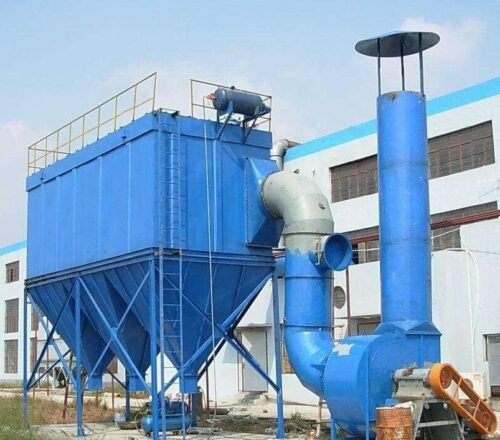
Bag filters are used in a variety of industrial processes. They remove solid material from liquids and wastewater. They are placed in special housings and contain carbon or stainless steel filter media. These industrial bag filters, VA, are often required in the chemical and mining industries.
Activated Carbon
Activated carbon is a material that absorbs organic contaminants. It is a powerful filtration media and is used in many industrial processes. It is also available in a variety of shapes and qualities. Depending on the application, activated carbon can be designed with chemical adsorption, physical adsorption, or catalytic properties.
Activated carbon comprises microcrystalline carbon with a high specific surface area and adsorption capacity. It is used for air and water purification and is also used for environmental applications. There are two main types of activated carbon: coconut shell and coal-based carbon. Coconut shell-based carbon is more durable and abrasion-resistant, while coal-based activated carbon has a complex porous structure and enhanced adsorption abilities.
Non-Woven Filter Media
Non-woven filter media are flexible and versatile. They are often used as prefilters for liquid applications. A common example of non-woven filter media is the needle-felt filter media, a thicker, stronger alternative to melt-blown non-woven filter media. In liquid applications, needle felt is a more appropriate option than melt-blown non-woven filter media.
Non-woven filter media are typically made from synthetic fibers. The advantages of these fibers include a high filtration rate, lower energy consumption, and ease of cleaning. These fibers are also resistant to high temperatures and do not change the dimension of the filter bag.
Pulse Jet Dust Collectors
Pulse jet filters can be used in light to medium dust load applications. They are available with standard and custom-sized filters. Pulse jet filters can filter sand, grain, cellulose, and fine lint. They can handle the media at speeds up to 20 feet per minute. Pulse jet filters have a tangential inlet that propels heavy particles toward the wall and into the collection bag.
A cage supports the bags in these systems. In this design, the dirty air enters below the bags and traps dust on the outer surface. Clean air then passes through the plenum side. The filter bags are cleaned periodically by a burst of compressed air. This air travels through the bag’s length, creating a sinusoidal motion.
Stainless Steel Bag Filters
Stainless steel industrial bag filters are used for a variety of processes. They can handle particles as small as 0.5 microns and are highly effective and economical. They are suitable for filtration of chemicals, fuels, and highly turbid water. They are constructed from 304-grade stainless steel, ideal for filtering fluids with abrasive or corrosive properties.
Stainless steel industrial bag filters are used for various applications, including chemical manufacturing, food and beverage industries, and pharmaceutical processes. They are commonly available in different sizes and designs and can accommodate various operating parameters. The filter bags are removable, and the housings are usually designed for faster bag changing.
Applications
Industrial bag filters are versatile filters that can be used in various industries. They are suitable for less critical filtration requirements and can easily be disposed of after use. These filters can be used in many applications, including transportation, metal, and energy. They also have many advantages, including easy use, cost-effectiveness, and reliable performance.
Industrial bag filters are available in various sizes, shapes, and materials. They can be used to filter dust and other particles that may be a nuisance to humans and their environment. They are characterized by the fact that they can separate up to 20 mg of dust per cubic meter of air.
